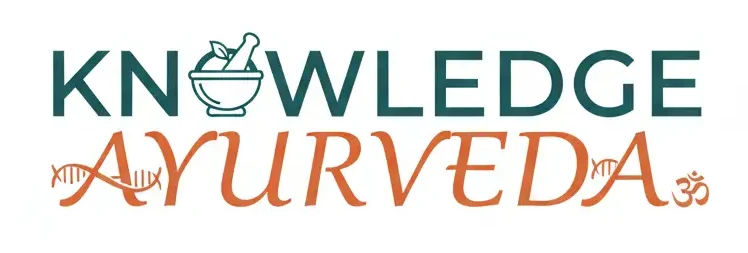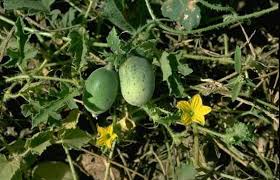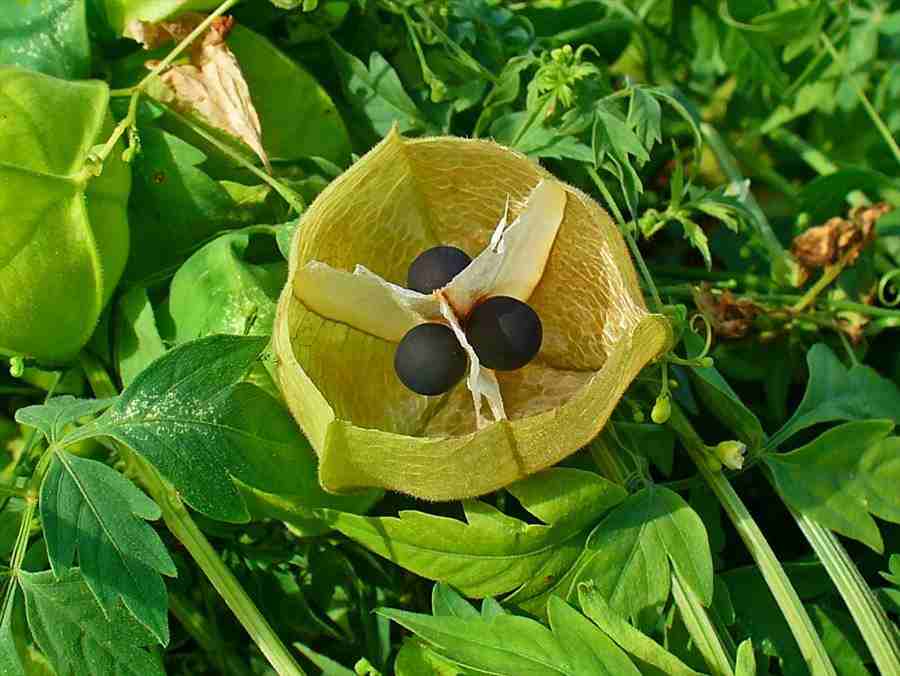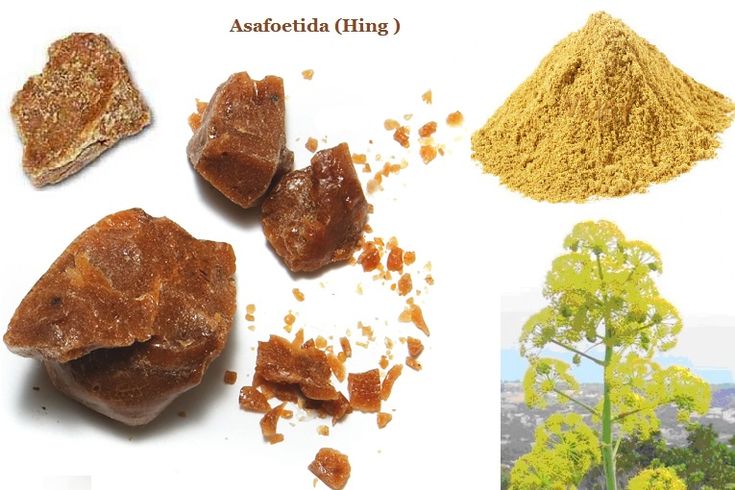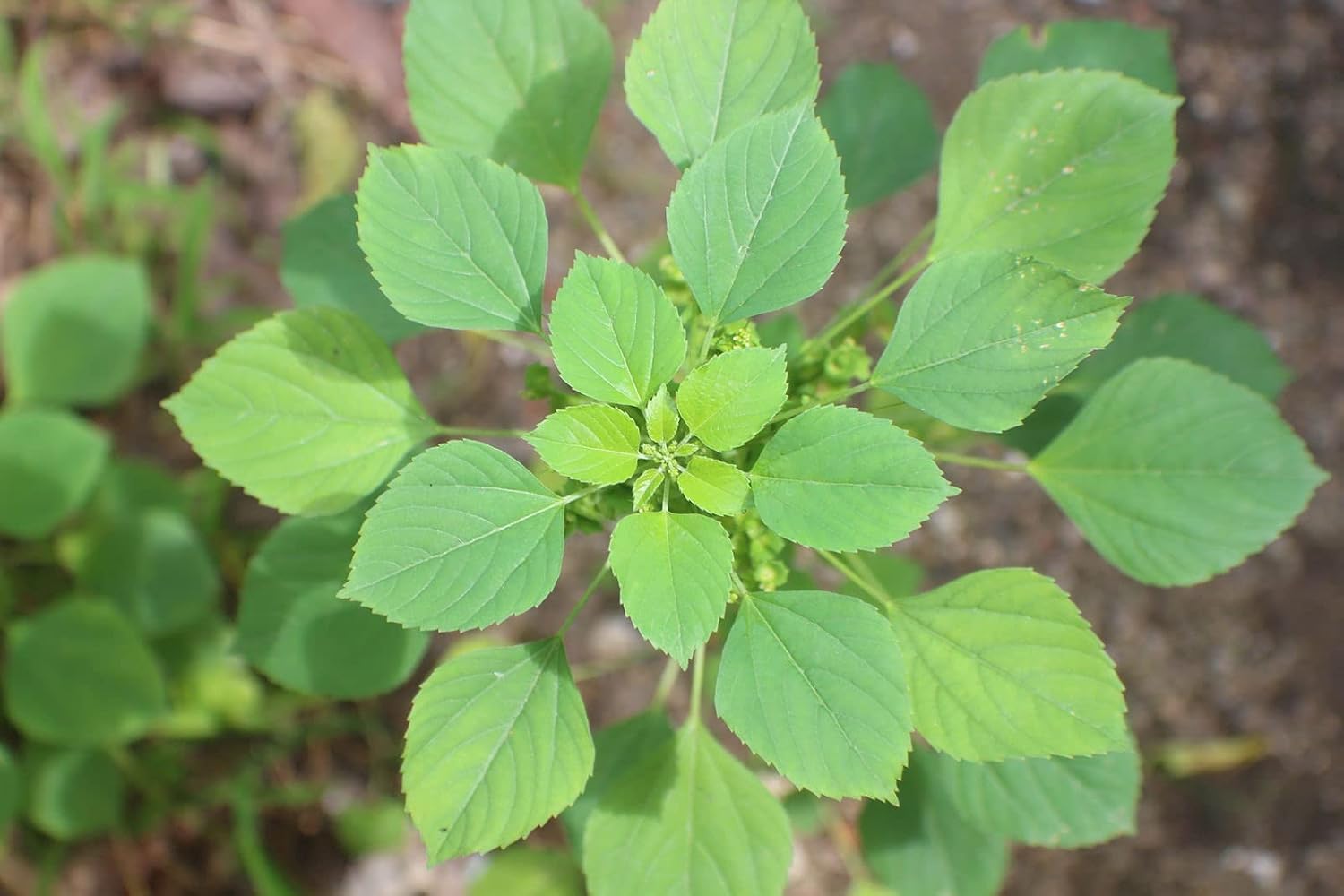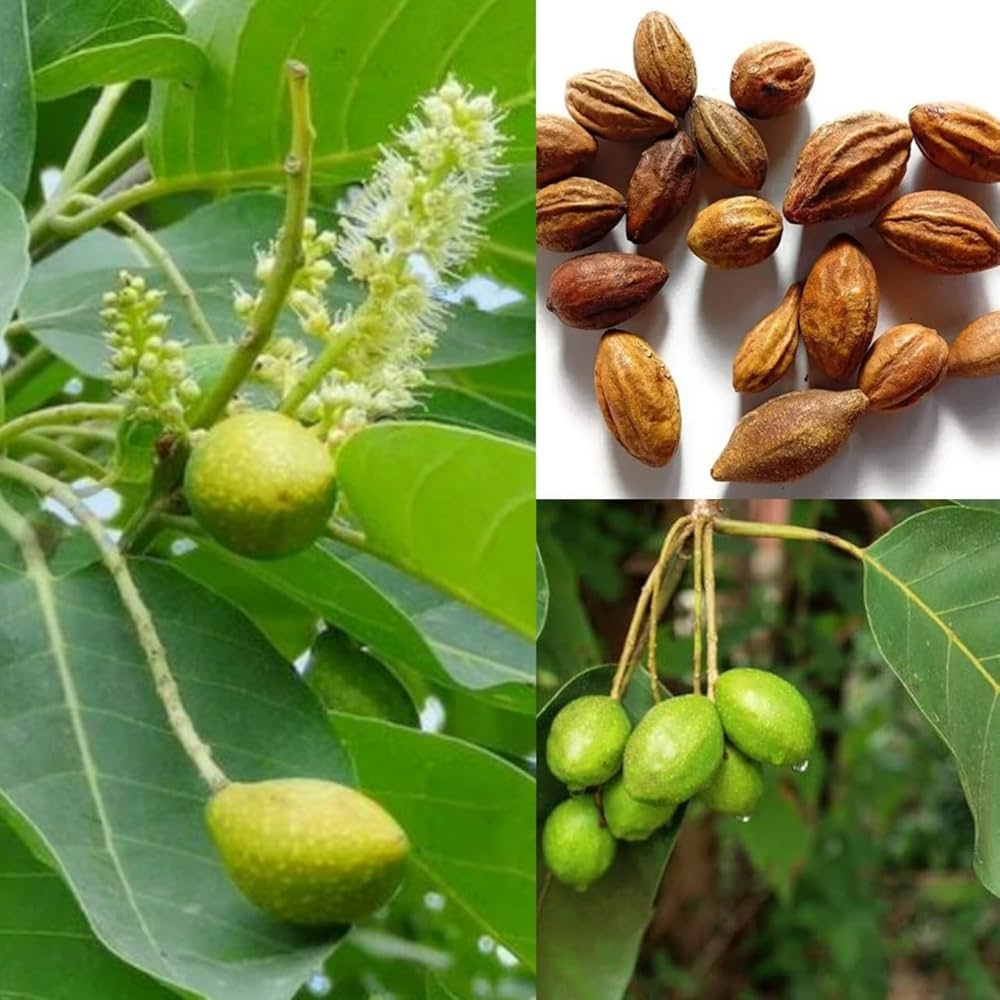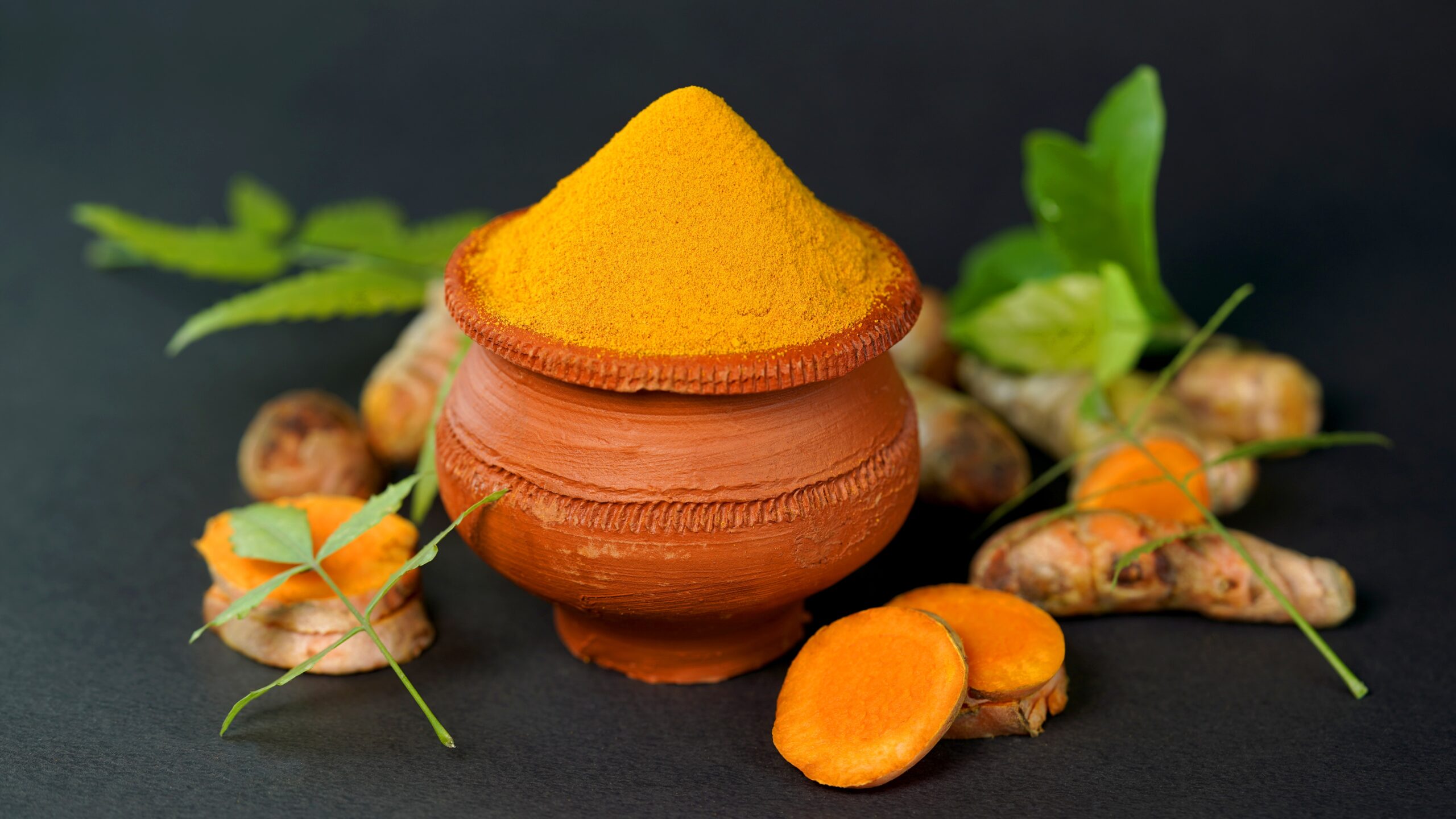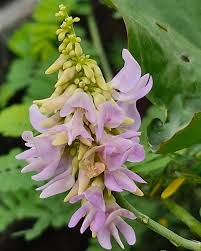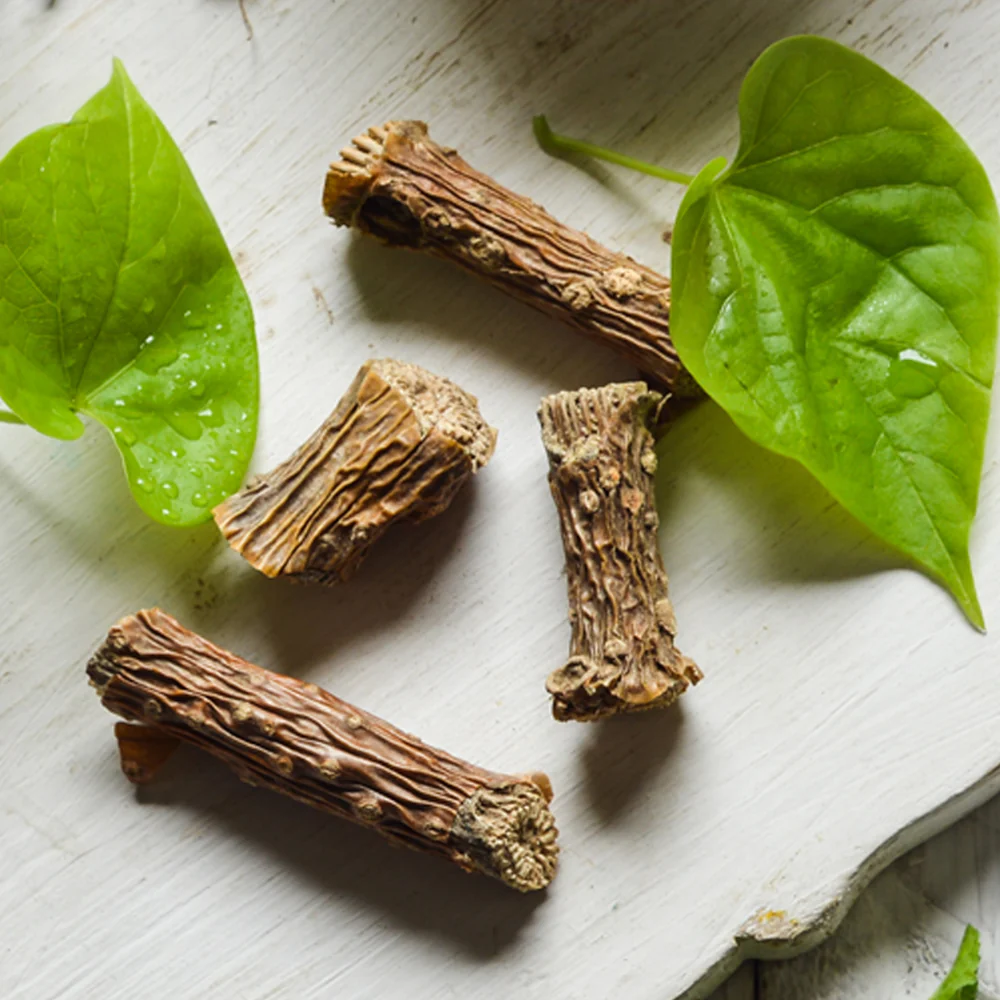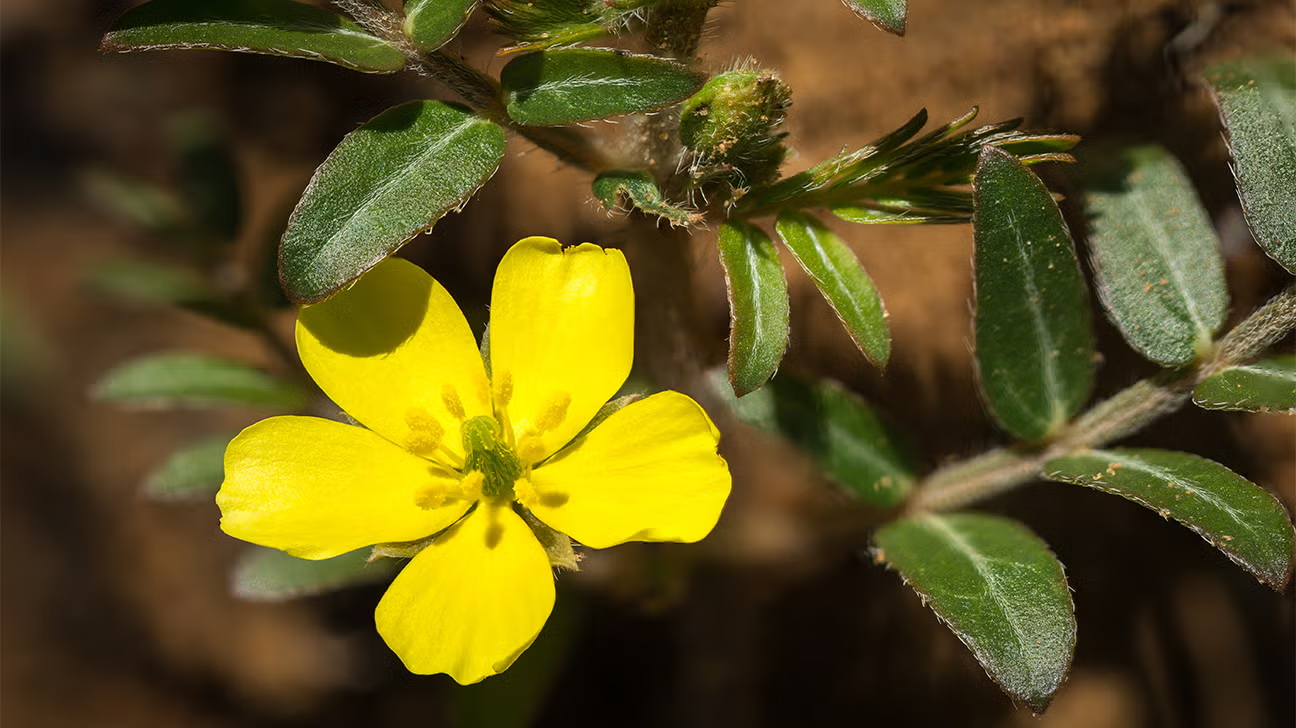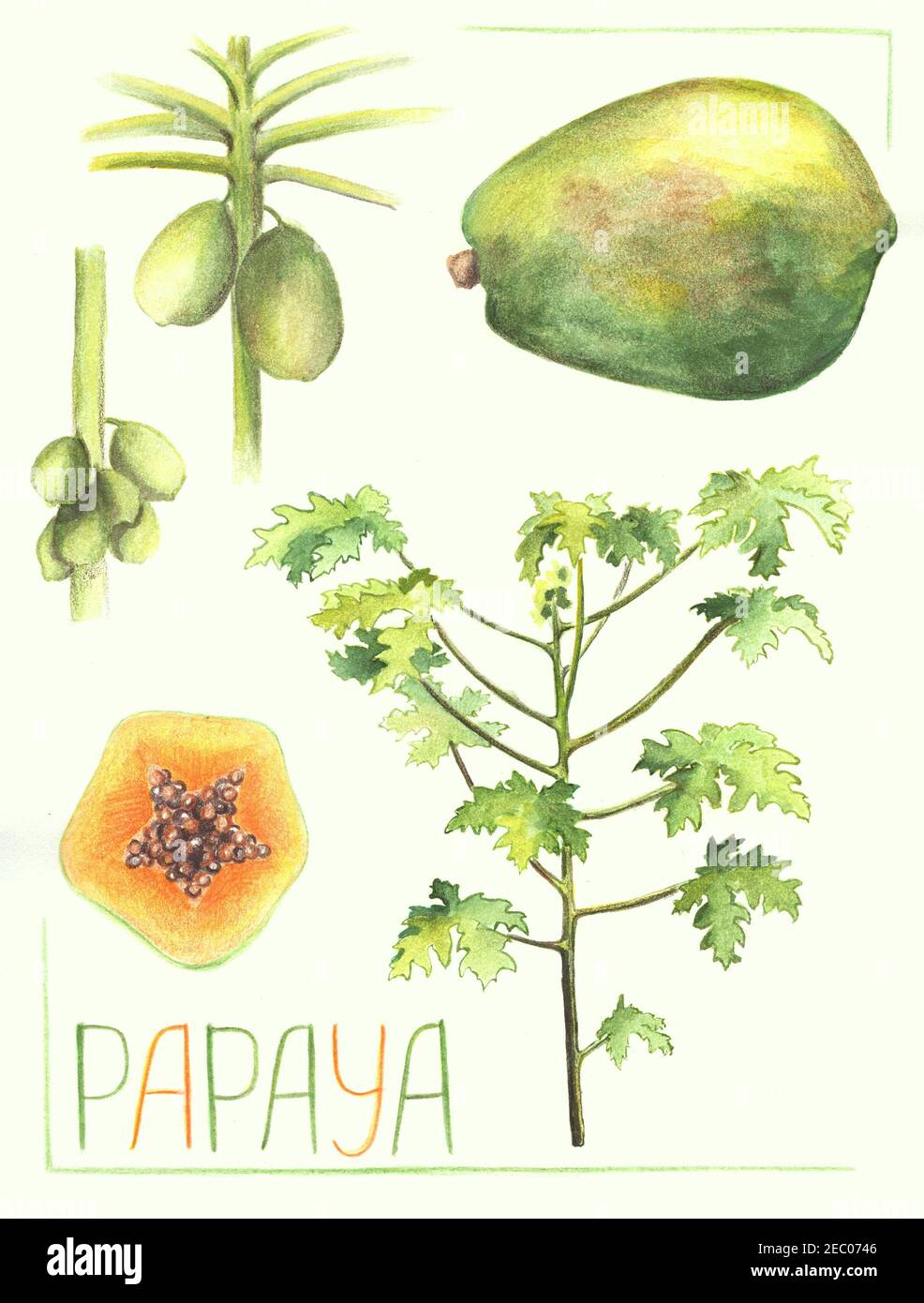Tea Tree (Melaleuca alternifolia) is a natural antiseptic and anti-inflammatory agent widely used in skincare. It helps treat acne, reduce redness, soothe irritation, and combat bacterial and fungal infections. Its essential oil is commonly used in creams, cleansers, and spot treatments for clear and healthy skin.
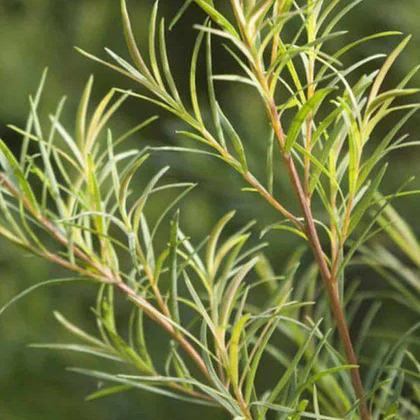
Emotional Spirit
Tea tree’s scent—sharp, medicinal, earthy—cuts through doubt like a brave wind, stirring courage and clarity. It’s a warrior’s cry against infection, a soft balm for weary skin, and a spark of renewal for a burdened mind. In its presence, you feel uplifted, protected, and quietly empowered—an emotional anchor in nature’s embrace.
Herbal Power: Key Properties
Tea tree’s strength flows from its volatile oils—terpinen-4-ol (up to 40%), cineole, and other terpenes—delivering a trio of gifts:
- Antimicrobial Might: Slays bacteria (Staph, E. coli), fungi (Candida), and viruses—a natural shield.
- Anti-Inflammatory Grace: Soothes redness and swelling, calming angry skin or tissues.
- Decongestant Warmth: Opens airways, banishing mucus with a refreshing bite.
These traits make it a versatile herbal ally, echoing the multi-action synergy of Ayurvedic plants like neem or tulsi.
Herbal Uses Across Body Systems
Tea tree shines in practical, heartfelt applications:
- Skin (Integumentary):
- Acne: Dab diluted oil to zap pimples—its germ-killing power rivals harsh chemicals, with gentler love.
- Wounds: Cleans cuts and scrapes, speeding healing with a protective sting.
- Fungal Foes: Tames athlete’s foot or nail infections, drying out Kapha-like dampness.
- Herbal Prep: Mix 1-2 drops with coconut oil for a soothing salve.
- Respiratory:
- Colds & Coughs: Steam inhalation (a few drops in hot water) clears Kapha congestion, easing breath.
- Sinus Relief: Its pungent kick mimics Ayurvedic ginger, lifting fog from lungs.
- Herbal Prep: Add to a diffuser or chest rub with eucalyptus.
- Immune Support:
- Infection Fighter: Boosts defenses topically, akin to Ayurveda’s guduchi, though not ingested.
- Herbal Prep: Blend into a hand sanitizer with aloe vera.
- Scalp & Hair:
- Dandruff: Massaged into the scalp (diluted), it banishes flakes and itch with antifungal grace.
- Herbal Prep: Add to shampoo or a carrier oil rinse.
- Emotional Lift (Nervous System):
- Aromatherapy: Inhaled, it clears mental haze, soothing Vata-like restlessness.
- Herbal Prep: Diffuse 3-5 drops to spark joy and focus.
Ayurvedic Echoes
Though not a classic Ayurvedic herb, tea tree aligns with its principles:
- Dosha Dance: Cooling and drying, it pacifies Pitta (inflammation) and Kapha (mucus), but overused, it might rattle Vata’s calm.
- Rasa (Taste): Pungent—a fierce cleanser.
- Virya (Energy): Cooling, despite its bold warmth on the senses.
- Modern Twist: Pair it with ghee for skin or tulsi for lungs in an Ayurvedic-inspired blend.
Why It’s a Herbal Treasure
As of March 22, 2025, tea tree’s herbal legacy glows. Science backs its punch—studies show it matches benzoyl peroxide for acne, with less irritation, and outperforms placebos against fungal infections. Emotionally, it’s a steadfast friend—its crisp scent and healing touch feel like nature’s fierce hug. Indigenous wisdom gifted it to us; modern herbalists keep it alive.
Herbal Care Tips
- Dilute It: Pure oil is too strong—mix 1-5% with a carrier (jojoba, olive) to spare your skin’s tears.
- External Only: Don’t swallow; its potency turns bitter inside, risking upset or worse.
- Patch Test: A rare few weep from allergies—test a drop first.
A Living Remedy
Tea tree isn’t just an herb—it’s a vibrant pulse of healing, fierce in battle yet soft in care. From a drop on a blemish to a steam for clogged lungs, it’s herbal medicine at its boldest, bridging ancient roots with today’s hope. Want a specific recipe or deeper dive into its herbal magic?
